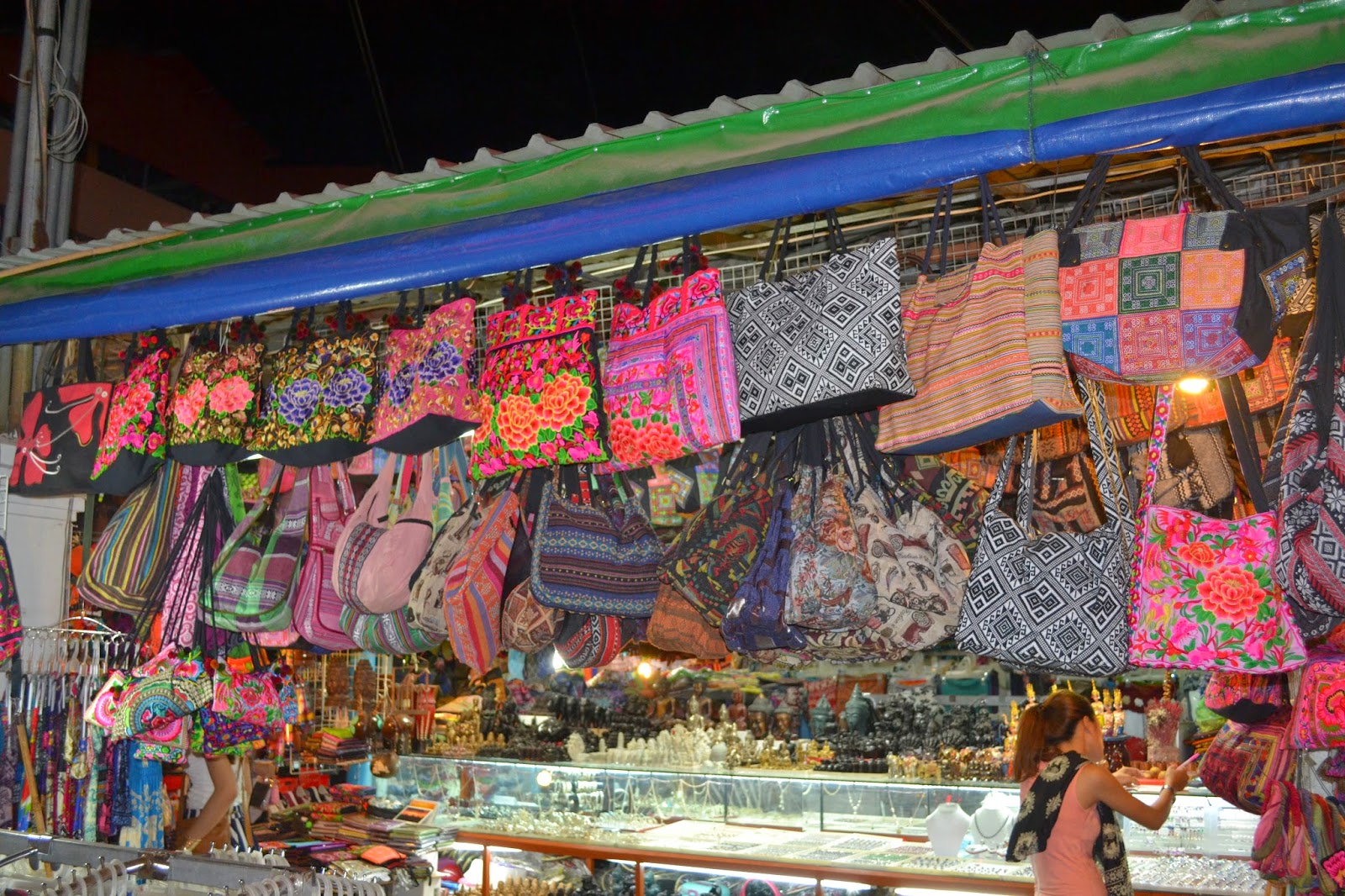Stay:-The Artist Guest House & Golden
House International Hotel
After spending three days in Temple City
Siem Reap we headed towards Capital Phnom Penh.



After reaching in late afternoon we decided to have rest and explore nearby area and attractions next day. We stayed in the heart of city near the mekong river. Quay side of mekong river is well maintained and flags from many countries are hoisted. We spent our evening walking across the quay side and city.



After reaching in late afternoon we decided to have rest and explore nearby area and attractions next day. We stayed in the heart of city near the mekong river. Quay side of mekong river is well maintained and flags from many countries are hoisted. We spent our evening walking across the quay side and city.
Early morning we hired a tuk-tuk for whole day trip after little negotiation. We experience worst traffic in our lifetime, our tuk-tuk stayed stationary at one location for half an hour without moving a meter. Lanes are not wide enough for morning traffic and it is chaos.
Our first stop was killing field of Choeung Ek about 17 km south of Phnom Penh. Audio tape was provided with ticket and it tells the horror stories of the field.
Khmer Rouge regime executed over one million people between 1975 and 1979. Mass grave of 9000 people were discovered at Choeung Ek after fall of khmer rouge by Vietnamese. Choeung Ek is a memorial, marked by a Buddhist stupa. The stupa has acrylic glass sides and is filled with more than 5,000 human skulls. Many skull have been shattered or smashed.
Our second stop was The Tuol Sleng Genocide Museum situated in city. The site was a high school which was transformed into the notorious Security Prison 21 (S-21) by the Khmer Rouge regime. Tuol Sleng (Khmer [tuəl slaeŋ]) means "Hill of the Poisonous Trees" or "Strychnine Hill". Tuol Sleng was only one of at least 150 execution centers in the country, and as many as 20,000 prisoners there were later killed.Most of the victims were sent to nearby killing field of Choeung Ek after torture and confession. Room after rooms are filled with pictures of victims many of them were teens and foreigners. Room were divided into small cells to torture them. Not a pleasant place to visit.
After having lunch we thought of exploring and shopping in Russian Market (Phsar Tuol Tom Pong). It was once very popular shopping place among Soviet tourists in 1980s and stillalso known as russian market. I never been to any market except this one which operates till 5PM .
it's labyrinth of shops selling everything including souvenir, cloths and food items.
Our Last attraction was Royal Palace and silver pagoda.The Royal Place built in 1860 is a complex of buildings which serves as the royal residence of the king of Cambodia. The Royal palace were constructed using combination of traditional Khmer architectural and Thai architecture but also incorporating
significant European features.
The pagoda houses many national treasures including gold and jeweled statues. Most notable is a small 17th century baccarat crystal Buddha (the "Emerald Buddha" of Cambodia) and a life-sized gold Maitreya Buddha decorated with 9584 diamonds, the largest of which weighs 25 carats. During King Norodom Sihanouk's pre-Khmer Rouge reign, the Silver Pagoda was inlaid with more than 5,000 silver tiles. Unfortunately no photography allowed inside.
Next morning we headed to beach city sihanoukville for two days.
Some of the above information is taken from Wikipedia.




















































